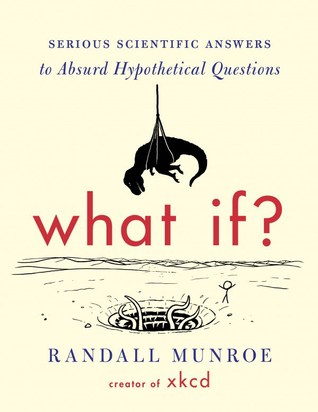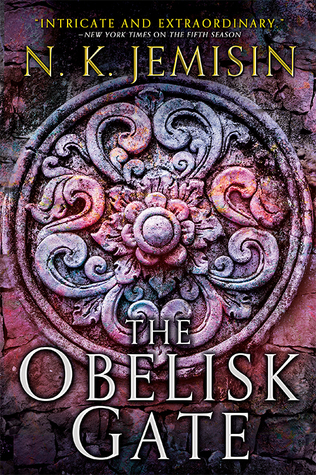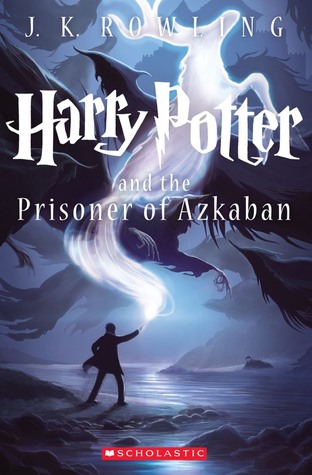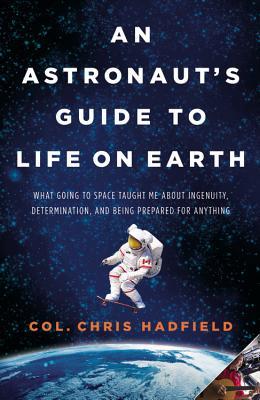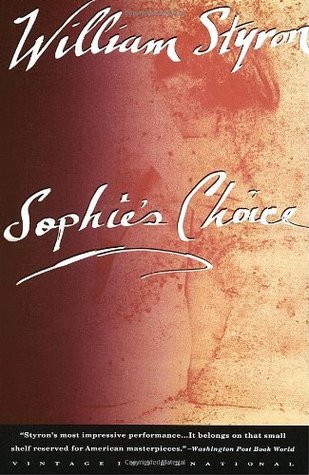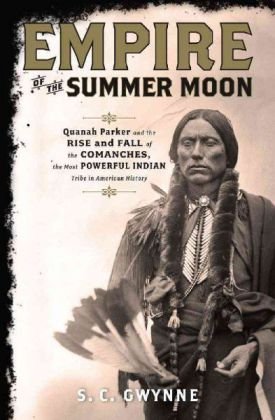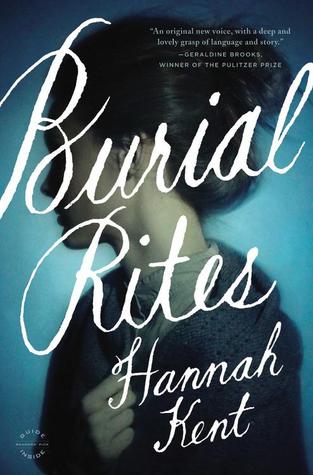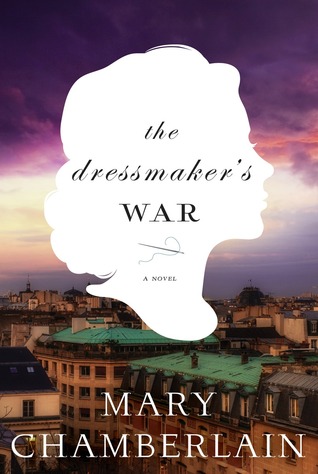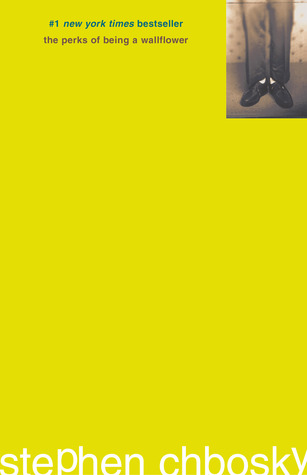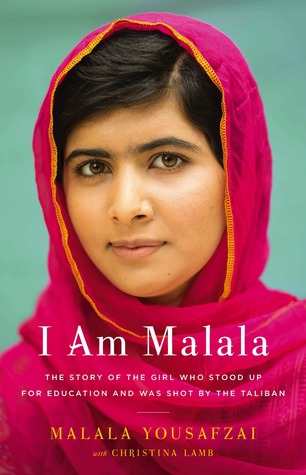Completed!
-A book set in your home state. I was originally going to read
American Rust for
this, and got it out of the library to do so, but within a half hour of
reading knew that it wasn't going to work. The writing style, combined
with the immediately heavy content (there's a sexual assault and murder
within the first chapter) meant it was definitely
not what I was in the mood for. I switched that title out for
Perks of Being a Wallflower, which I had originally slated for the banned book category, as it takes place in Pittsburgh. It was fine, I guess.
-A political memoir. I read
I Am Malala for this
.
Malala is an amazing young woman who advocates for universal education
(with an emphasis on education for girls, because girls are often the
group that suffers the most in this field) and in her book she relates
her childhood, along with how she became an active advocate and a target
for the Taliban. The content here was impressive and inspiring, but
the book definitely reads like it was written by a teenager girl.
-A
book translated to English. I didn't end up using either of my
original intended titles for this, because I ended up reading
The Little Paris Bookshop by
chance and realized that it fit this category. I think it was a
beautiful little book, with charming settings and quirky characters, but
it wasn't a page-turner by any means.
-A book that was banned at some point. When I switched
Perks of Being a Wallflower to the home state category, it meant I needed to find a new book for this category. I finally settled on
Sophie's Choice,
which is also on the American Library Association's list of commonly
challenged or banned books, because I already had it on my Kindle. It was exceedingly tedious. Do not recommend.
-A self-improvement book.
An Astronaut's Guide to Life on Earth jumped
out at me from a list of self-improvement books because one of my
friends from college read it recently and rated it quite highly, so I
went for that. Why I don't think it was written with the intention of
being a self-improvement book, I can definitely see why it ended up
there; it has a lot of little lessons that all of us can apply to our
lives, but it's not preachy and doesn't try to shove anything down your
throat. A great read all around.
Still to Come
-A
science-fiction novel. Once again, I'm looking for a new title for
this category. I have a few books in my possession that would fit this,
so we'll see which one I'll get to first... It's likely to be
The Three Body Problem or
The Windup Girl.
-A
book based on a fairy tale. I adore fairy tales, so this category had a
whole bunch of possibilities for me! I settled on Gregory Maguire's
Confessions of an Ugly Stepsister, which is quite clearly an adaptation of Cinderella from the stepsister's point of view. I read
Wicked in high school and found it good but
weird, so I'm interested in seeing how this one plays out.
-A
National Book Award winner. I don't really know much about book
awards, as I tend to ignore them in favor of reading whatever interests
me at the time. So I had to pull up the
list of
National Book Award winners to have something to go off for this one.
Most of them didn't really intrigue me (who decides what makes a book
award-worthy, anyway?) but I eventually picked
The Shipping News off the list as looking at least mildly interesting.
-A
book you haven't read since high school. This is hard. I tend to
re-read books that I like on a fairly regular basis; hardly a year goes
by when I don't re-read most of Tamora Pierce's works in a one-week
binge. That said, I
know that the last time I read Peter Dickinson's
The Ropemaker was in high school, because I then lent it to someone who never returned it. So I'll read that for this category.
-A
book recommended by someone you just met. I asked the NaNoWriMo
Facebook group what they thought I should read this year; one reply was
already on the list (
Grave Beginnings) but the other was not; therefore, I shall be reading
The Machinery by Gerrard Cowan for this category.
-A book written by a celebrity. Okay, so I saw
Elixir by Hilary Duff
ages ago,
probably when it first came out, but I didn't read it because I was
skeptical. I mean, celebrities writing? Who does that? And I'm always
convinced it's really a ghostwriter doing the real work. But now it
seems like it's a good time to try this one out. I was going to read
Tina Fey's
Bossypants for this, but I'm already reading a comedian's book for another category, so I didn't want to double-dip.
-A book at least 100 years older than you. I'm actually going to get around to
20,000 Leagues Under the Sea for this one, because I want to read one of the steampunk novels that started it all as research for my own writing.
-A book from Oprah's Book Club. After much perusal of the complete list (found
here) I've settled on Malika Oufkir's memoir
Stolen Lives, because the categories this year are sorely lacking in nonfiction
and this seems like one of the better titles on the list in general--at least among those that I haven't read yet.
-A book recommended by a family member.
-A
graphic novel. I love Neil Gaiman but am not a huge fan of graphic
novels, so I've avoided his Sandman series up until this point, despite
buying my boyfriend the entire series for various occasions. Now seems
like a pretty good time to give them a go and start in
Vol. 1: Preludes and Nocturnes.
-A book with a protagonist who has your occupation.
-A book of poetry.
-A classic from the 20th century. I'm going to do
Lolita for
this one, because I feel like I need to squish a Russian novel in here
somewhere. What really makes a classic, anyway? I don't know, but
this list that I found says
Lolita is one.
-An autobiography. I picked up
Papillon by
Henri Charriere at a used bookstore in New Jersey (Broad Street Books
in Branchville, if anyone out there is in the area; it was absolutely
lovely and I look forward to going back the next time we're in the area)
but put it down in favor of another title. Now I wish I'd bought it!
Charriere wrote this book about his wrongful conviction for a crime and
his subsequent escapes from prison. Most autobiographies bore me on
principal, but this one actually sounds interesting.
-A book about a culture you're unfamiliar with. I'm leaning towards
Shutting Out the Sun for this one, which is a non-fiction book about Japan's "lost generation."
-A satirical book. I've partially changed my mind on this one; instead of
Thing Explainer, I want to read
What If? which uses science to answer absurd hypothetical questions and makes fun of how things work in general in the process.
-A book recommended by your local librarian or bookseller.
-A book you should have read in school. This I'm going to fill with
The Odyssey,
which every other English class in my high school read, but my class as
a whole did not because our teacher was too busy having raptures about
the hero's journey in the Star Wars series to actually assign it to us.
-A book chosen for you by your spouse, partner, sibling, child, or BFF.
-A
book published before you were born. Let's face it: most of history is
before I was born. This means that I have a very wide scope of titles
from which to choose. I'm going to go with the classics and choosing
Wuthering Heights for this one.
-A book you previously abandoned. I'm planning on using
Jonathan Strange and Mr. Norrell for
this one. I've had this book for years, and started it at one point,
but I just couldn't get into it. I'm hoping that time will have
improved it some for me, just like how I liked
Vellum much more when I returned to it years after first purchasing and attempting to read it.
-A book that intimidates you. For this I've finally settled on
The Count of Monte Cristo.
I was planning on reading it for catch-up for a digital book club, but
I'm including it here because its sheer length is intimidating. I don't
mind books--love them, really--but I am a
tiny bit concerned
that adding in a book of such heft so late in the year is going to throw
off my timeline for completing the challenge.
 I have been reading this book for almost a year. Goodreads tells me I marked it as currently-reading on October 24, 2015. It's a book that I'd read a few chapters of, put it down (sometimes for months), go back and a read a few more chapters...repeat. Part of the problem is that I read it on Kindle as part of the full set, so it really just felt like I was never making progress on it. Part of the problem was that I just didn't find the book that interesting.
I have been reading this book for almost a year. Goodreads tells me I marked it as currently-reading on October 24, 2015. It's a book that I'd read a few chapters of, put it down (sometimes for months), go back and a read a few more chapters...repeat. Part of the problem is that I read it on Kindle as part of the full set, so it really just felt like I was never making progress on it. Part of the problem was that I just didn't find the book that interesting.
